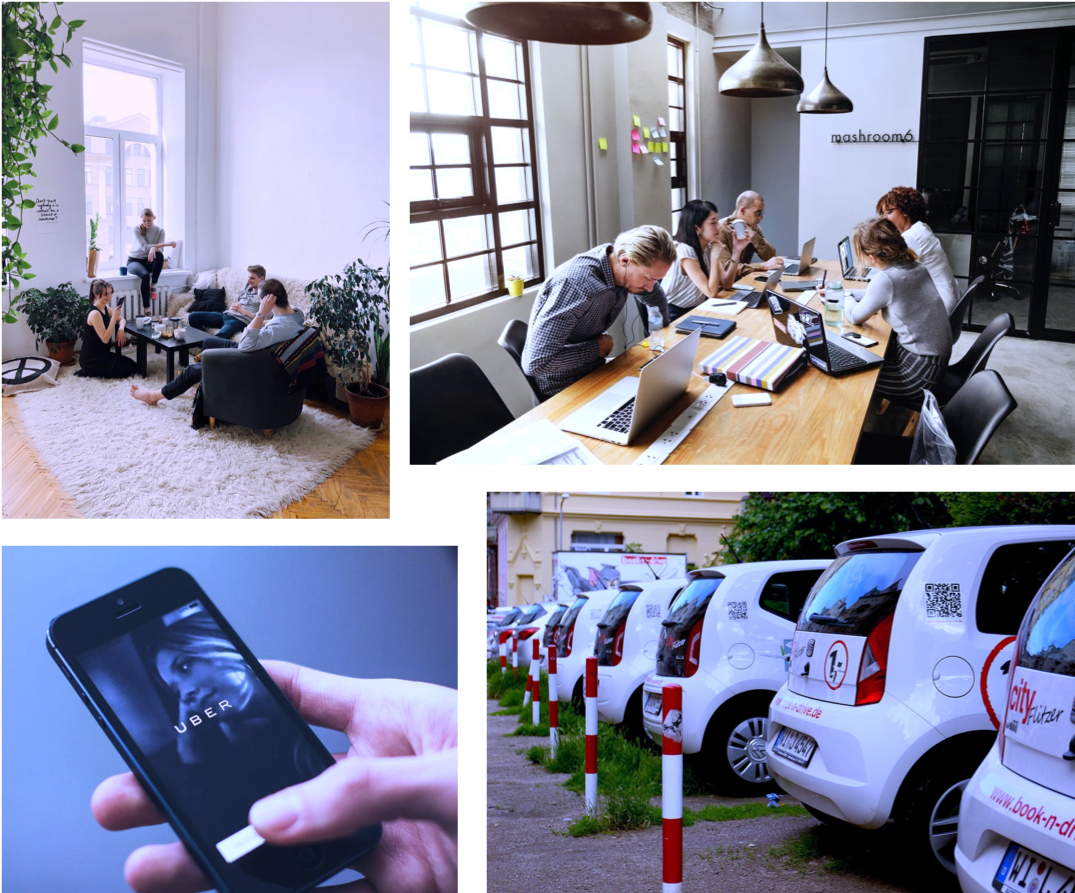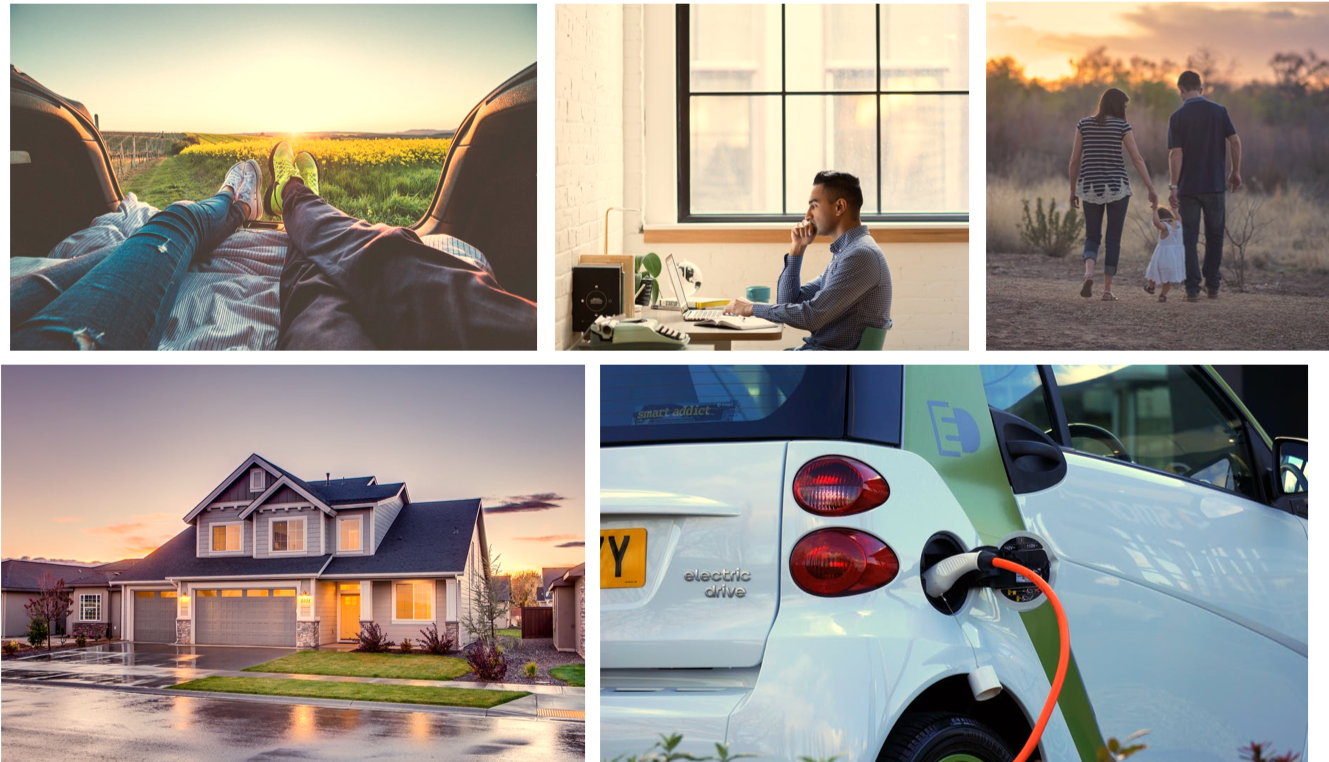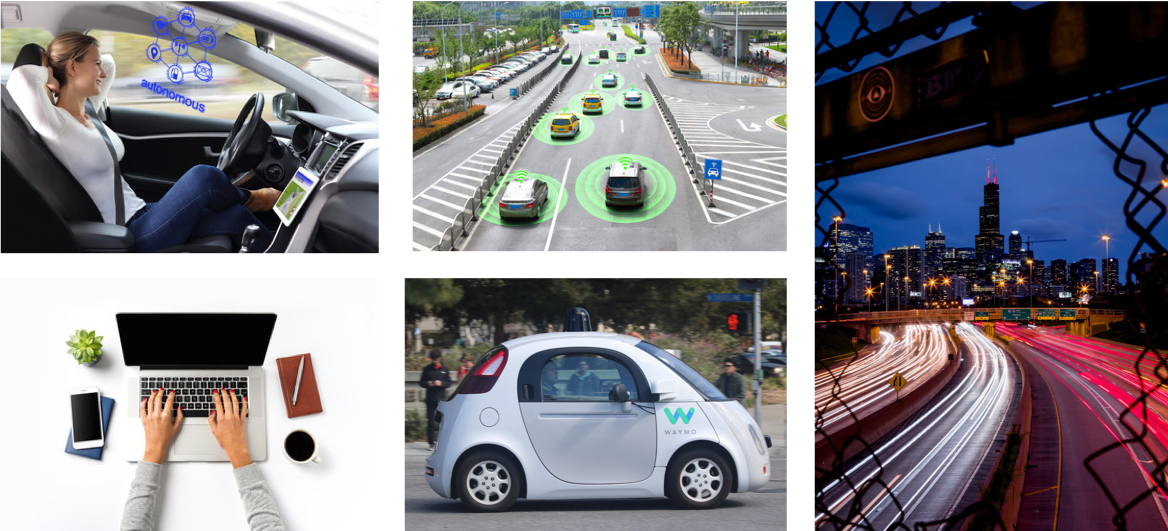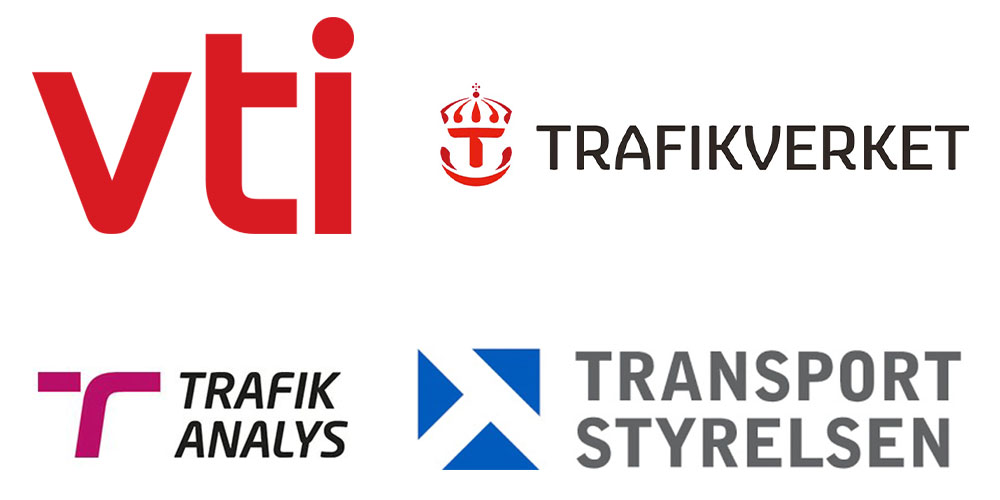Smart Mobility Needs Smart Governance
In the Smart Mobility Needs Smart Governance project, we try to understand which new policy tools will be needed in a future of “Smart” mobility with for example, self-driving technology and Mobility as service subscriptions.
In the coming decades, autonomous, connected, and/or shared vehicles may enter the scene of the transport system, affecting both passenger and goods transport. These upcoming technologies are often labeled “Smart Mobility”, but how will these new smart technologies influence society and our goals of sustainable cities and regions? The research field is disparate, with results pointing in different directions, concerning for example energy consumption for the transport system.
Scenarios for Smart Mobility Needs Smart Governance project
Scenario 1: "Sharing Economy"

Scenario 2: Individualism

Scenario 3: Disruptive innovation

This project addresses two main research questions:
- How does “Smart Mobility” affect our governmental institutions' ability to steer towards transport related goals, on a national, regional and municipal level?
- With the intention to reach the transport related goals, what can the different governmental institutions do in the medium- to long term to create new governance tools?
ITRL’s main responsibility in the project revolves around creating scenarios that can be used as tools in the project.
Funding, partners, and timeline:
The project is financed by Vinnova and runs from 2018-2021. Partners in the project are:

Publications:
Att styra det nya (in Swedish): John Hultén, Anna Wildt-Persson, Jens Alm, Erik Almlöf, Claus Hedegaard Sørensen, Alexander Paulsson, Anna Pernestål och Anna Wallsten.
Statlig styrförmåga i framtider med smart mobilitet (pdf 1.1 MB) (in Swedish): Anna Wallsten, Alexander Paulsson, John Hultén, Claus Hedegaard Sørensen, Anna Pernestål & Erik Almlöf

